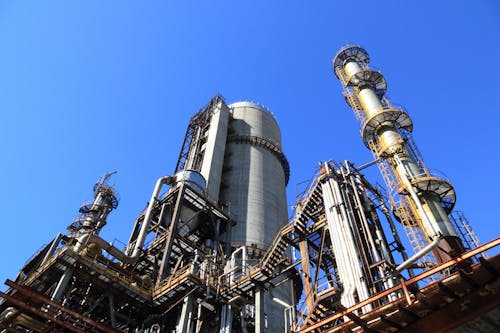
Alberta’s oil patch, a powerhouse of economic activity and employment, has long attracted workers from across Canada with the promise of high-paying jobs and financial security. However, alongside the region’s industrial success lies a mounting public health crisis: substance abuse among oil workers and within the communities that support them. As drug and alcohol use escalates, the issue is no longer just a workplace concern—it’s a broader public health emergency that requires immediate attention.
The Roots of the Problem
Substance abuse in the oil patch is deeply connected to the work environment. Many oil sands workers endure grueling schedules, often in isolated camps far from urban centers and family support. These conditions—combined with physical strain, long hours, and social isolation—create a high-risk setting for mental health issues, including depression, anxiety, and burnout.
To cope, some workers turn to drugs and alcohol. Stimulants like cocaine and methamphetamine are used to stay awake and alert during long shifts, while alcohol and opioids help them unwind. What begins as casual or functional use can quickly spiral into addiction, especially when combined with chronic stress or pre-existing mental health issues.
The Impact on Public Health
The consequences of substance abuse extend far beyond the oilfields. Communities like Fort McMurray and Cold Lake are witnessing the effects firsthand: rising overdose rates, increased emergency room visits, and higher demand for mental health and addiction services. Fentanyl and other synthetic opioids have become particularly deadly, contributing to a sharp increase in drug-related deaths in the region.
Substance abuse also places a burden on law enforcement and social services. Crime rates, particularly those related to drug trafficking and domestic violence, often spike in resource-based communities during both economic booms and downturns. The instability of the oil economy—marked by boom-and-bust cycles—further exacerbates the issue, as layoffs and financial stress can intensify substance use and mental health struggles.
Workplace Safety at Risk
Addiction isn’t just a private issue—it directly affects workplace safety and productivity. Impaired workers pose serious risks to themselves and their colleagues in an industry already fraught with physical hazards. Equipment mishandling, delayed reactions, and poor decision-making under the influence can lead to accidents, injuries, and even fatalities.
Employers are increasingly turning to drug testing and safety protocols to mitigate these risks. But without addressing the underlying causes—such as stress, isolation, and lack of access to mental health resources—these measures often treat symptoms rather than the root of the problem.
Toward a Public Health Response
To effectively address substance abuse in Alberta’s oil patch, a comprehensive public health strategy is needed. This includes expanding access to mental health services, offering addiction treatment and harm reduction programs, and improving education around substance use. Employers must also play a role by fostering supportive workplace cultures that prioritize health and well-being over productivity at all costs.
Community organizations, health authorities, and provincial governments must work together to provide resources, reduce stigma, and ensure that help is available when and where it’s needed. The health of Alberta’s workforce—and the stability of its communities—depends on it.
Conclusion
Substance abuse in Alberta’s oil patch is not just a workplace issue—it’s a growing public health crisis. Tackling it requires empathy, investment, and collaboration across sectors to ensure a safer, healthier future for all those who call this resource-rich region home.








